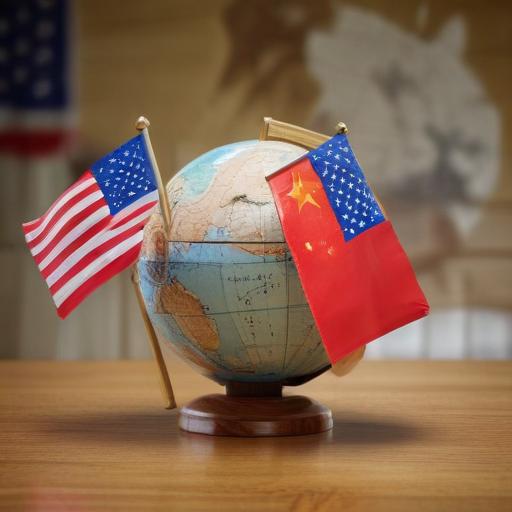Analysts have indicated that any coercion from the U.S. on China to make trade concessions will likely prove futile. As reported by the South China Morning Post, the U.S. government’s approach of simultaneously applying pressure while proposing negotiations resembles former President Trump’s negotiation style but is deemed ineffective against a powerful country like China.
Despite the ongoing efforts by the Trump administration to impose strict technological controls to force compromises in negotiations, experts believe that China will not yield to such aggressive tactics, especially given its dominance over critical mineral supply chains, which provides a robust countermeasure against U.S. pressure.
Recent actions have included additional technology control measures by the U.S. after unwarranted accusations against China regarding its rare earth exports. Just days prior, Trump claimed on social media that “China has completely violated our agreements,” coinciding with reports that the U.S. has suspended exports of certain jet engine technologies and chip design software to China—part of broader export control measures targeting China’s high-tech sector.
The White House’s Council of Economic Advisers also indicated that the U.S. and China would engage in tariff discussions during the week following June 1, with ongoing communications between the respective trade teams aimed at progress.
Experts like Professor Xin Qiang from Fudan University suggested that the U.S. strategy of extreme pressure intended to force concessions from China miscalculates the country’s resolve. Similarly, Wang Yiwei from Renmin University noted that such tactics are ineffective with a nation as strong as China, emphasizing that China’s leadership will not succumb to Trump’s coercive strategies.
China’s Ministry of Commerce has reiterated that following trade talks in Geneva, the U.S. has implemented various discriminatory restrictions against China, sharply contradicting the agreements made during a recent call between the two nations’ leaders. The Ministry has clearly stated that China will steadfastly resist these baseless accusations.
Also noted is China’s significant control over global rare earth supply, accounting for over 90% of its production. After the Geneva negotiations, expectations grew that China would ease export restrictions on seven critical minerals, though confirmations remain pending. Trade data also revealed a notable 58.5% decrease in China’s rare earth exports to the U.S. in April.
Many analysts state that until the U.S. is willing to make concessions on significant issues of concern to China, it is unlikely that China will accelerate its rare earth export approvals.
Despite the ongoing tensions, there’s a call for both sides to reach a mutual understanding on fundamental issues without relying solely on pressure tactics. Prominent figures, including JPMorgan CEO Jamie Dimon, have also warned that China is not intimidated and will not yield easily, highlighting the need for constructive engagement rather than coercion.
This scenario underscores the complexity of U.S.-China trade relations and the potential for a resolution that respects the bargaining strength of both nations.
